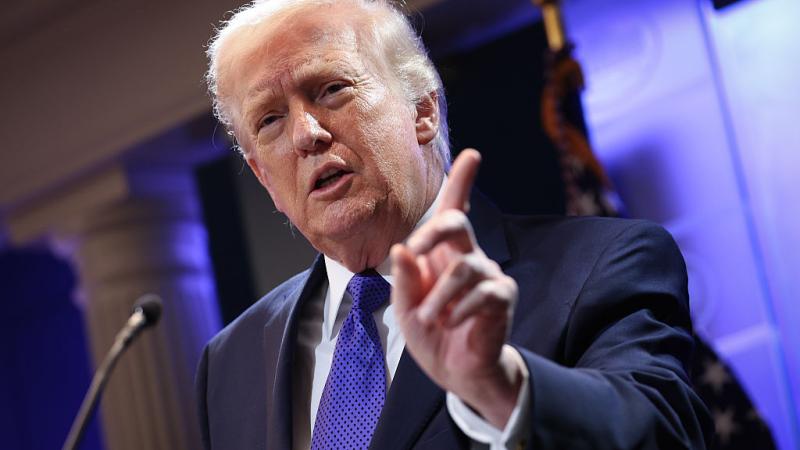China leader's whirlwind Europe tour exposes rifts among countries, could open new ones with US
Xi spent two days in France and one day each in Serbia and Hungary, splitting his time between countries on opposite ends of Europe’s political spectrum.
China’s Xi Jinping wrapped up a whirlwind tour of Europe last week – a four-day, three-nation visit that is exposing rifts among European countries and could create new ones between Europe and the U.S.
Xi, leader of the Chinese Communist Party, spent two days in France and one day each in Serbia and Hungary, splitting his time between countries on opposite ends of Europe’s political spectrum.
Ukraine and Chinese investments are key issues defining the divide.
French leader Emmanuel Macron is among Europe’s strongest supporters of Ukraine’s effort to fend off Russia's war, and direct Chinese investment in France is minimal.
Serbia’s Aleksandar Vučić and Hungarian Prime Minister Viktor Orbán, in contrast, are pro-Russian. Both countries were in the Soviet Union’s sphere of influence, and despite being half a world away China is now the leading foreign investor in both Serbia and Hungary.
Xi’s choice of stops on his trip also had symbolic importance.
In France, Macron and Xi celebrated the 60th anniversary of France’s diplomatic recognition of China. France was the first Western country to take that step, a mere 15 years after the Chinese communist revolution.
China has picked Hungary as its base for expanding its electric vehicle industry, the world’s largest, into Europe.
But while Xi’s itinerary may shine a light on geopolitical differences between European nations, the Chinese leader’s stop in Serbia may have the most emblematic of China’s desire to cast shade on the U.S.
Twenty-five years ago, in 1999, U.S. bombs struck the Chinese Embassy in Belgrade during the war in Yugoslavia. The bombing, which killed three Chinese journalists, is a seminal moment in the history of Chinese nationalism.
In the midst of Xi’s Europe trip, a spokesman for China’s Ministry of Foreign Affairs said the country “would never forget” the day in 1999 when “U.S.-led NATO forces committed illegal and barbaric atrocities in bombing” the embassy.
One area in which there is relevant foreign ground between France, Serbia, and Hungary is that all three countries to at least some degree see China as an essential counterweight to the United States' economic, cultural and geopolitical dominance.
It was Xi’s first visit to Europe in nearly five years, and is a key move in China’s strategy to create a multi-polar world to replace the current U.S.-dominated order.
Time will tell who got what they wanted out of the visits. But what happened in France may have the most immediate impact.
Macron pulled out all stops for Xi’s visit.
There was the pomp and circumstance of Xi’s state visit to the Élysée Palace in Paris, including a trilateral summit that included European Commission President Ursula von der Leyen.
Macron also took Xi to the Tourmalet Pass, high in the Pyrénées Mountains, an area where Macron spent vacations as a child. Macron’s goals included convincing Xi to walk back his “friendship without limits” with Russian leader Vladimir Putin.
But initial reactions are that Xi was “tin-eared” in his discussions with Macron, denying problems existed.
The Facts Inside Our Reporter's Notebook
Links
- opposite ends of Europeâs political spectrum
- the Soviet Unionâs sphere of influence
- Serbia
- Hungary
- 60th anniversary of Franceâs diplomatic recognition of China
- 15 years after the Chinese communist revolution
- expanding its electric vehicle industry
- U.S. bombs struck the Chinese Embassy in Belgrade
- U.S.-led NATO forces committed illegal and barbaric atrocities
- see China as an essential counterweight to the U.S.âs economic, cultural, and geopolitical dominance
- Chinaâs strategy to create a multi-polar world
- Macron also took Xi to the Tourmalet Pass
- friendship without limits
- Xi was âtin-earedâ in his discussions with Macron















